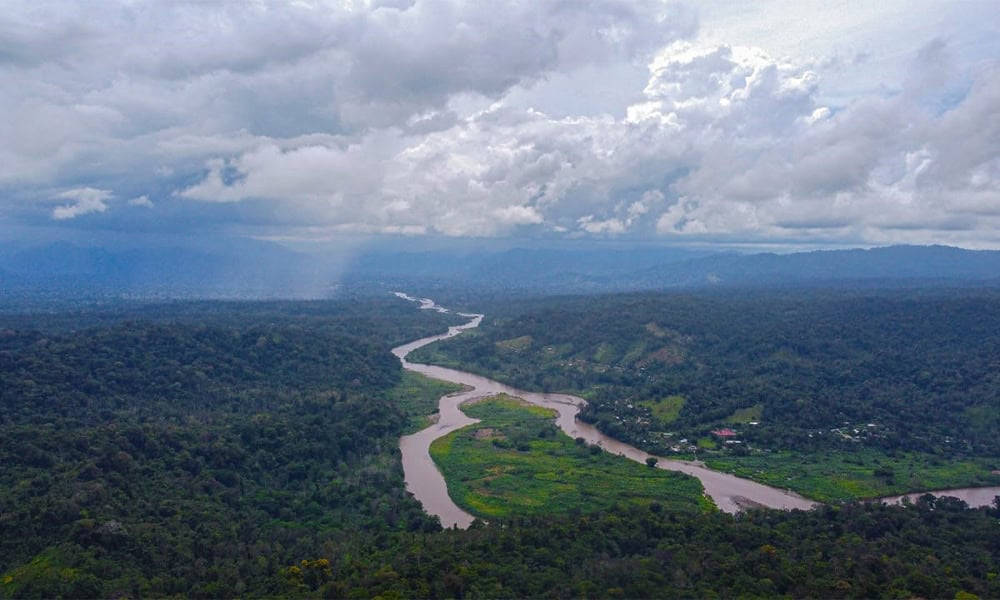The Minister of Agriculture and Livestock, Victor Carvajal, discussed a study conducted by the United Nations Development Program (UNDP) that detected more than 30 pesticides in the Sixaola River basin. “Due to technical and methodological deficiencies, the UNDP study inflated the data. It completely lacks technical validity,” Carvajal told Costa Rican journalist Amelia Rueda on the program Nuestra Voz.
UNDP pointed out that the pollution levels endanger aquatic life and also pose a danger to human health. In total, the UNDP analysis identified 33 pesticides in the study area, 13 of them at “levels of concern.”
The UNDP study linked the contamination to the cultivation of bananas and plantains in a monoculture model, the main productive activity in the Sixaola watershed. However, the Minister argued that the document omitted “important elements” and has “technical deficiencies.”
Carvajal also mentioned that the Sectoral Technical Secretariat conducted a study of its own, which will be published this month. “The data they give us are reasonable and much, much lower,” the Minister added.
According to Carvajal, the country is at “an average” level and does not have “excessive consumption of agrochemicals.” Yet, Costa Rica is one of the countries that uses the most agrochemicals, and several international organizations, such as the UN, have warned about the problems this can cause to the environment and people.
In fact, a recent study published by the UN determined that Costa Rica has the highest use of agrochemicals per hectare in the world, with an average use of 23.4 kilograms per ten thousand square meters.
Despite the abundant information, the Minister considers that the UNDP study is not reliable and that UNDP “is not rigorous enough to be considered for public policy.” The Minister’s words have sparked criticism from the deputies, particularly from Kattia Cambronero, a PLP legislator, who had proposed banning 17 agrochemicals.
“We cannot discredit an investigation just because it does not seem to conform to our criteria. A national dialogue is needed for Costa Rica to move forward,” she concluded.






